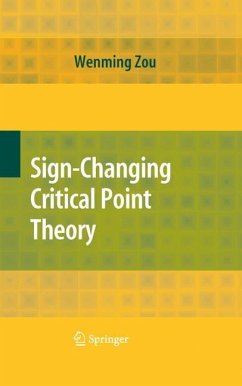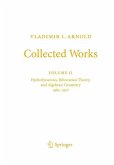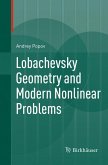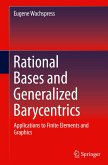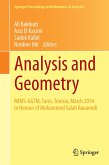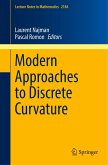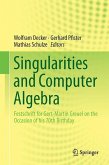Many nonlinear problems in physics, engineering, biology and social sciences can be reduced to finding critical points of functionals. While minimax and Morse theories provide answers to many situations and problems on the existence of multiple critical points of a functional, they often cannot provide much-needed additional properties of these critical points. Sign-changing critical point theory has emerged as a new area of rich research on critical points of a differentiable functional with important applications to nonlinear elliptic PDEs.
Key features of this book: (1) Self-contained in-depth treatment of sign-changing critical point theory; (2) Further explorations in Minimax and Morse theories; (3) Topics devoted to linking and nodal solutions, the sign-changing saddle point theory, the generalized Brezis-Nirenberg critical point theorem, the parameter dependence of sign-changing critical points; (3) Applications of sign-changing critical point theory studied within the classical symmetric mountain pass theorem; (4)Applies sign-changing concepts to Schrödinger equations and boundary value problems.
This book is intended for advanced graduate students and researchers involved in sign-changing critical point theory, PDEs, global analysis, and nonlinear functional analysis.
Key features of this book: (1) Self-contained in-depth treatment of sign-changing critical point theory; (2) Further explorations in Minimax and Morse theories; (3) Topics devoted to linking and nodal solutions, the sign-changing saddle point theory, the generalized Brezis-Nirenberg critical point theorem, the parameter dependence of sign-changing critical points; (3) Applications of sign-changing critical point theory studied within the classical symmetric mountain pass theorem; (4)Applies sign-changing concepts to Schrödinger equations and boundary value problems.
This book is intended for advanced graduate students and researchers involved in sign-changing critical point theory, PDEs, global analysis, and nonlinear functional analysis.
From the reviews: "The book under review presents the contemporary state of the art in critical point theory with strong emphasis on topological methods. ... The volume concludes with a rich bibliography of 351 titles, many of them very recent. ... advanced, examples included in the text form an excellent review of the frontline of actual research in the area. ... In conclusion ... very good reference for those seeking new, modern, and powerful techniques in the critical point theory approach of nonlinear differential and partial differential equations." (Vicentiu Radulescu, Mathematical Reviews, Issue 2009 f)

